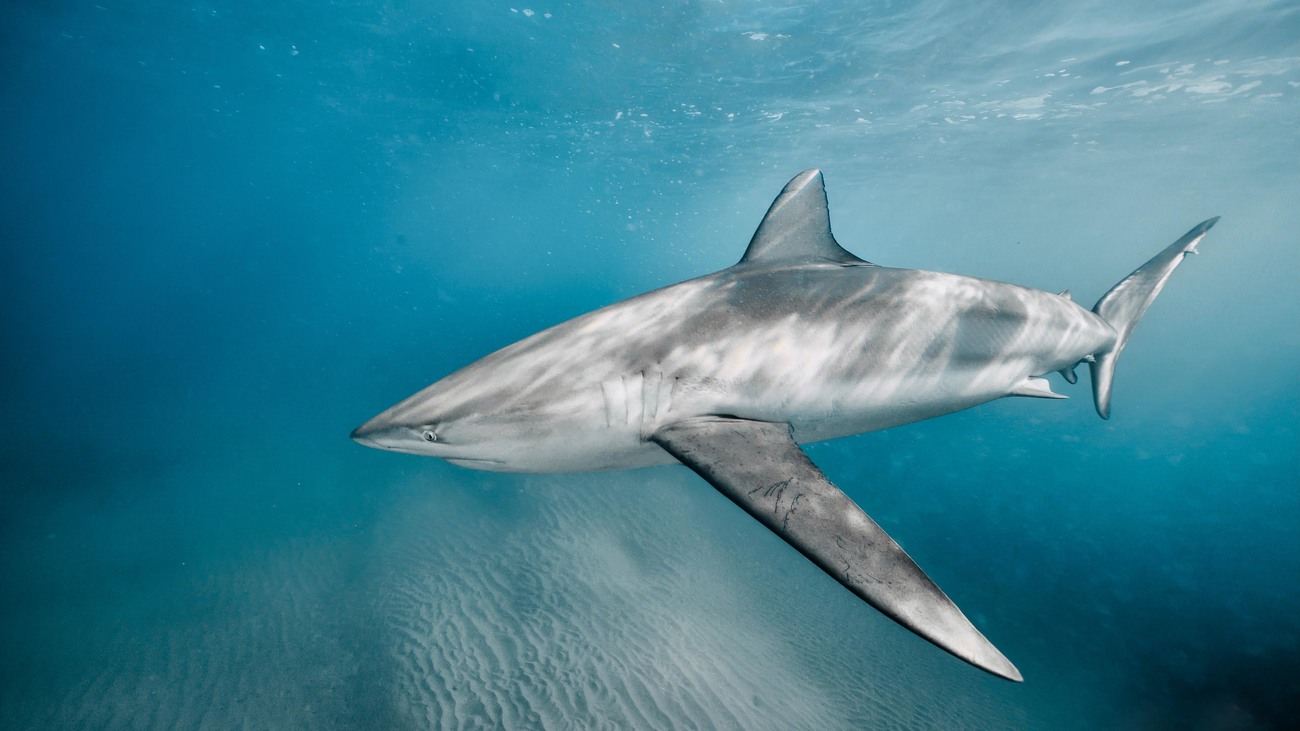European Union a major player in global shark trade which threatens future of many species
European Union a major player in global shark trade which threatens future of many species

(The Hague, Netherlands – 1 March 2022) — "Supply and Demand: The EU’s role in the global shark trade," released today by IFAW (International Fund for Animal Welfare), found the European Union plays a key role as a supplier and trader in the global shark trade—which is driving many species towards extinction.
The report provides the first comprehensive picture of the EU’s role as reflected in official raw customs data from Hong Kong Special Administrative Region, Singapore and Taiwan, province of China, covering both fin and meat import and export data compiled over an extensive period, from 2003-2020. It reveals how EU Member States were the source of 45% of shark fin-related products imported into Hong Kong SAR, Singapore and Taiwan province in 2020.
Spain is shown to be one of the top exporters for the global fin trade, with the major fin-trade hubs of Hong Kong SAR, Taiwan province and Singapore consistently receiving imports of fin products from the country. Italy, Spain and Greece are the primary importers of shark meat from Hong Kong SAR, Singapore and Taiwan province (some of the key Asian markets for shark fin consumption), while the top exporting member states of shark fin to these trade hubs were Spain, Portugal, the Netherlands, France and Italy.
Shark populations continue to decline rapidly worldwide. Over 50% of shark species are threatened or near threatened with extinction, and pelagic sharks (species of sharks found on the high seas) have declined over 70% in only a 50-year period. A recent study found that shark populations were functionally extinct on 20% of reefs surveyed globally.
Report co-author Barbara Slee, IFAW’s EU Manager, Marine Conservation, said: “Small or large, coastal or high seas, shark species are disappearing, with the piecemeal management efforts to date failing to stop their decline.”
When effective management is put in place, shark populations have been shown to recover—and Convention on International Trade in Endangered Species of Wild Fauna and Flora (CITES) listings for shark species have led to global action at the international and national level to create management for species threatened by the international trade in shark products.
Slee added: “The EU, demonstrated by our report to be a key player in global shark markets, has an important responsibility to ensure the accuracy of trade records and the enactment of sustainability requirements of sharks in trade such as listing all species in trade on CITES Appendix II."
“Taking on such a leadership role would undoubtedly influence other players to do so as well—leading to a better, sustainable future for sharks.”
A total of 188,368.3 metric tons of shark fin products were imported into Hong Kong SAR, Singapore and Taiwan province combined from 2003-2020, with the EU responsible for almost a third of this import (averaged 28%, 53,407.49 metric tons), with their proportion of fin imports rising significantly from 2017 onwards before reaching 45% by 2020.
While global shark fin exports to Hong Kong SAR, Singapore and Taiwan province have been declining, the EU’s exports have increased in proportion to the total.
Report co-author Stan Shea, Marine Programme Director, BLOOM Association Hong Kong, said: “Global shark declines are driven by international demand for shark fins and meat, coupled with widespread lack of management for both the catch and trade of shark species. Although many place the burden of change on the consumptive countries, primarily in Asia, equally responsible for declines in shark populations are all countries with internationally operating fishing fleets and trade in shark products.”
ENDS
Photos and videos can be found here.
Press Contact
Clare Sterling
m: 07917 507717
e: csterling@ifaw.org
Notes to Editors:
IFAW’s recommendations and next steps for the EU to better manage its role in the global shark trade are:
- Improve recording of data and trade records via a review of Harmonized System (HS) Commodity Codes for shark products and standardise code use with key trading partners
- Ensure that any shark species found in the international shark product trade is listed in CITES Appendix II
- Build domestic capacity for long-term trade monitoring through trade data analysis
- Prioritise the use of trade data to combat illegal wildlife trade in sharks and shark products
There are significant data discrepancies between the import data from Hong Kong SAR, Taiwan province and Singapore compared to the EU export data: the aggregated import data consistently displayed a considerably higher import figure than the corresponding export data from the EU. The discrepancy between the two datasets ranges from 1,650.08 metric tons to 2,318.18 metric tons, suggesting a concerning case of potential misreporting in the shark fin-related trade.
About the International Fund for Animal Welfare (IFAW) - The International Fund for Animal Welfare is a global non-profit helping animal and people thrive together. We are experts and everyday people, working across seas, oceans and in more than 40 countries around the world. We rescue, rehabilitate and release animals, and we restore and protect their natural habitats. The problems we’re up against are urgent and complicated. To solve them, we match fresh thinking with bold action. We partner with local communities, governments, non-governmental organisations and businesses. Together, we pioneer new and innovative ways to help all species flourish. See how at ifaw.org
Related content
Our work can’t get done without you. Please give what you can to help animals thrive.